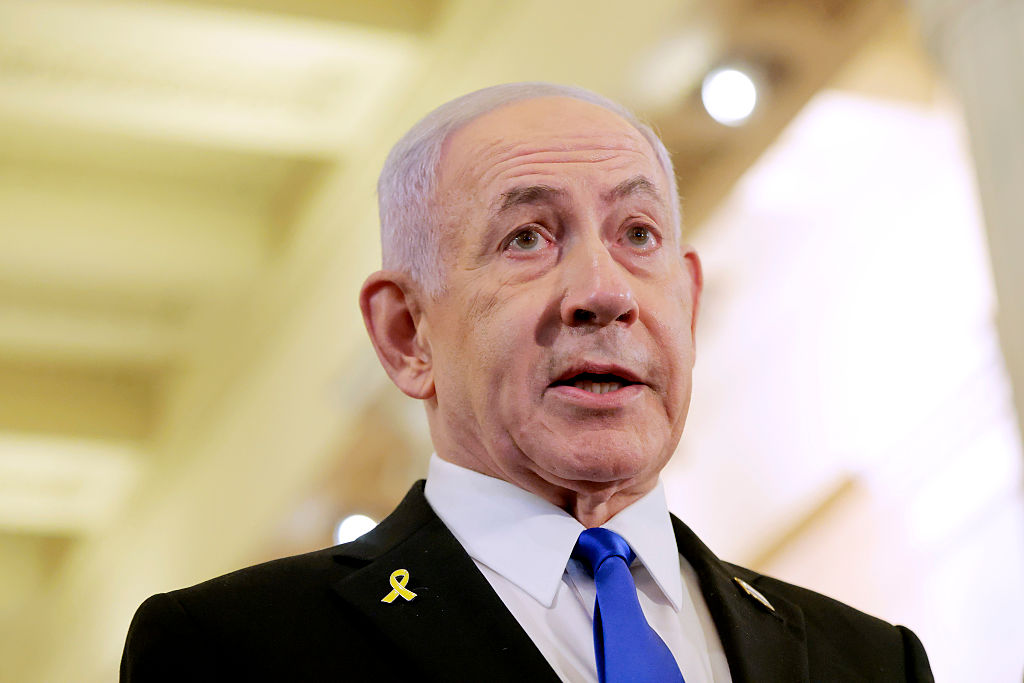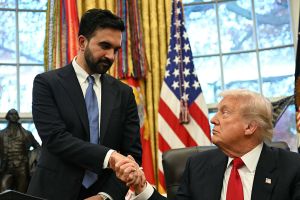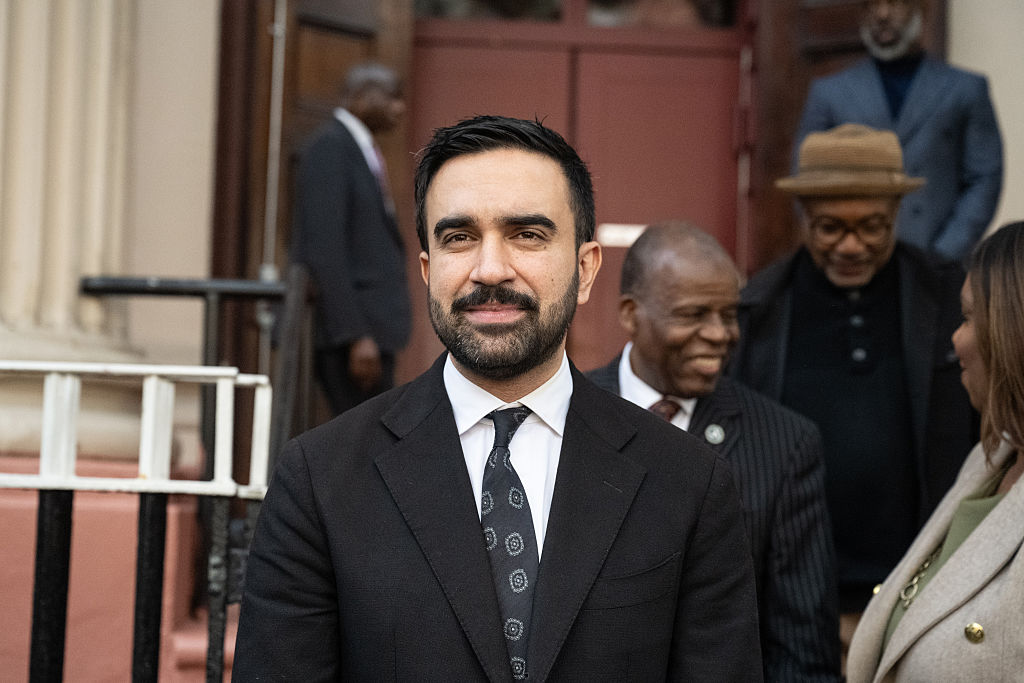Reports last night from Israeli Channel 12 quoting a senior official in Prime Minister Benjamin Netanyahu’s office have confirmed what has long been rumored, feared and for some, awaited: the decision has been made to occupy the Gaza Strip. This is not yet formal policy, pending cabinet approval, but the trajectory is now unmistakable. The prelude has ended. The war is entering a new, graver phase.
Western commentary will, as usual, rush to treat this as a moral failure of Israeli restraint, or as the inevitable result of hawkish ideology. Yet that interpretation is not only false, it is profoundly dishonest and the opposite of the truth. The occupation of Gaza is not a first resort. It is, tragically, the last. And it is an outcome born of many missteps by many international actors, including the UK.
For 22 months, Israel has pursued every conceivable alternative. When the United States and international community demanded a surge in humanitarian aid, Israel complied. When ceasefire negotiations gained momentum, Israel displayed unprecedented flexibility, including territorial compromises around the Morag axis. When Hamas rejected yet another comprehensive offer mediated by Egypt, Qatar and the US, it was not for lack of effort by Jerusalem or Washington. It was the result of a calculated decision by Hamas to extract political and material gain by prolonging conflict.
For a while, it looked like it might all go the other way. The timeline speaks for itself: Israeli envoys traveled to Doha in early July; by mid-month, a new draft agreement was on the table. The US special envoy, Steve Witkoff, was scheduled to fly to Doha on July 23 to finalize the deal. But by then, Hamas had already sabotaged the process, following a Western joint statement led by Britain’s Foreign Secretary David Lammy, calling for an unconditional end to the war and an unrestricted flow of aid. From the UK, Hamas recognized that it could secure its objectives without giving up the hostages. It raised new demands, withdrew consent on earlier terms and collapsed the negotiations entirely.
The hostages remain starving underground. The war grinds on unrelentingly. And the challenging humanitarian situation will not end yet.
To this, some Western governments have responded with gestures of abstract symbolism. In September, the UK, France, Canada and others are set to recognize a Palestinian state, ostensibly to reinvigorate the peace process. But as Shany Mor, lecturer in political thought at Reichman University, has noted, symbolic actions which incentivize maximalist violence do not break cycles of war, they perpetuate them. The July 21 statement did not bolster diplomacy. It destroyed it.
Israel is now faced with the consequences of that destruction. The IDF, reportedly reluctant to engage in renewed full-scale combat, has nonetheless been preparing a range of military scenarios, including encirclement strategies and targeted incursions. Yet none offer a quick resolution. The reality is that without a decisive shift on the ground, the hostages will starve to death in captivity, Hamas will not be deterred and Gaza will remain a base for Palestinian jihadist aggression.
Some argue that occupation will not bring peace. Perhaps not. But what the critics fail to answer is: what will? Not diplomacy – that has been exhausted. Not incentives – those have been lavished. Not restraint – that has only emboldened the most violent actors. Hamas has not surrendered, moderated or compromised. It has neither proposed a viable end-state nor shown any interest in the norms of conflict expected by civilized states. Instead, it has starved its captives and its own civilians for propaganda, hoarded aid and continued to fire into Israeli towns.
The decision to occupy Gaza is not born of ideology but necessity. It is not an act of vengeance but of grim strategic calculation. And it has been made only after every alternative was tried, and each was thwarted by an opponent committed to endless war. Internally, those who pushed for this outcome all along will now be inclined to argue that they were the realists 20 months ago, and even 20 years ago when they opposed Israeli disengagement from Gaza in the first place.
It will bring new criticism, especially from the Western press and political class, which has grown adept at condemning outcomes without tracing their causes. But this condemnation cannot erase the facts. As much as Israel is choosing this path, it has also been chosen for it, by a jihadist movement that values leverage over lives, spectacle over peace and whose only reliable negotiating tactic is to demand the rewards of surrender while offering none. And by a coalition of international actors determined to scupper every diplomatic or military step Israel had towards victory over ruthless Palestinian jihadism and maximalism.
All of this signposting could be performative distraction from a different but no less decisive Israel-American action about to unfold. This would be similar to the elaborate pre-12 Day War playbook used when Netanyahu and Trump put out misleading signals before their coordinated joint actions.
If the occupation proceeds, it may be long, costly and fraught with danger. But it may also be the only remaining way to establish the minimal conditions of security and order. The problem of Gaza, tragically, has not left Israel with a choice. It has left it with a burden.


























Leave a Reply